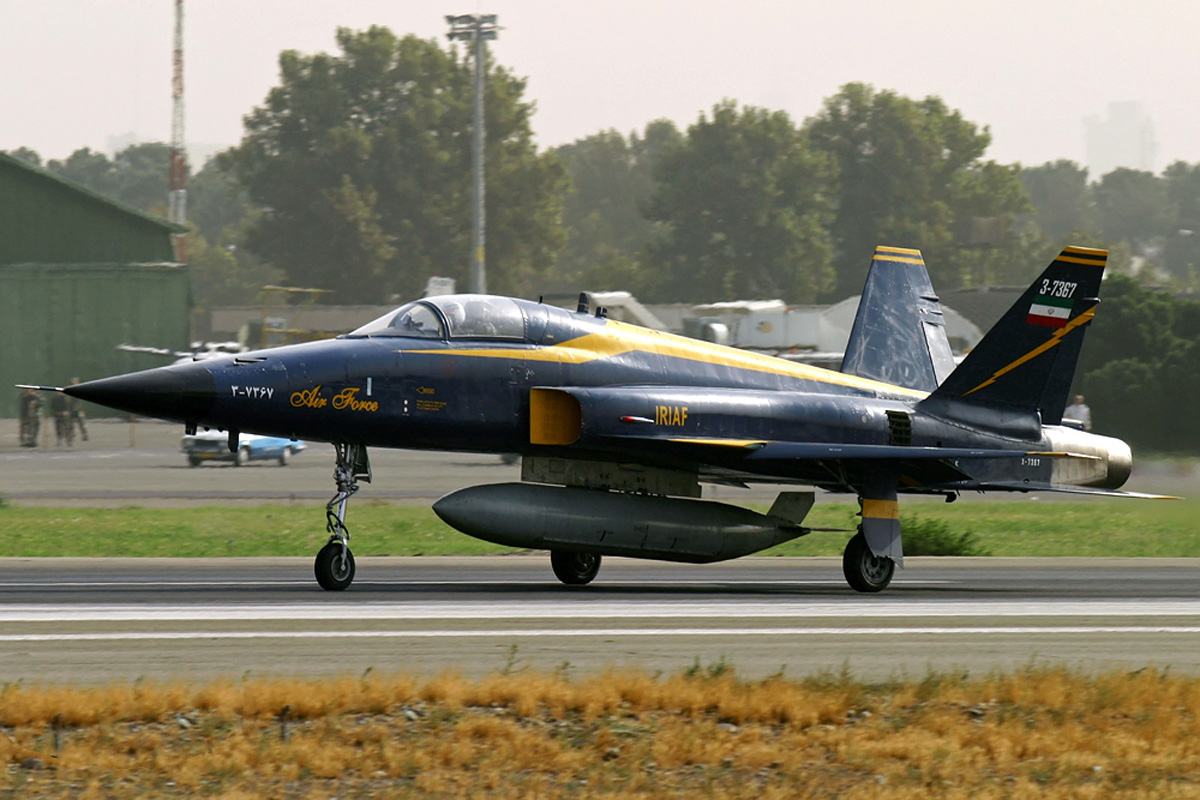Late in October, pirates abducted two American sailors from an oil carrying vessel off the coast of Nigeria. The kidnapped individuals are identified as the Captain and the Chief-Engineer of a ship belonging to maritime transportation company the Edison Chouest Offshore. During the incident, the pirates separated the crew by nationality and made off with the Americans.
[captionpix align=”left” theme=”elegant” width=”300″ imgsrc=http://natoassociation.ca/wp-content/uploads/2013/11/nigeria.jpg ” captiontext=”Nigerian Navy special forces patrolling the coast against pirates”]
There is confirmation that the kidnapped individuals are alive and a third party maritime company is taking charge in negotiating ransom with the pirates.
U.S officials have stated that this was not an act of terrorism, but they were concerned that piracy in the region is on the rise.
In the past year, oil servicing vessels in the Gulf of Guinea have increasingly become prominent targets for pirates who attempt to abduct crew members for ransom. U.S concerns are backed by a 2012 report by Oceans Beyond Piracy, a not for profit organization aiming to develop a response to maritime piracy, notes that piracy on Western Africa coast is now eclipsing that of Somalia for the very first time. Furthermore, statistics show that piracy in Western Africa is on the rise while the global incidents of piracy are declining.
Maritime piracy emerged as a global issue in 2008 when the United Nations noted that piracy off the Coast of Somalia had spiked. Since then, counter-piracy measures have been implemented, typically by increasing naval presence through initiatives such as the voluntary Combined Maritime Forces, and as result, there has been a global decline in piracy.
A rise in piracy in Nigeria suggests that pirates are beginning to take advantage of limitations that the government has imposed on armed private security guards aboard ships. Furthermore, Nigerian ports do not have adequate security and thus are more vulnerable to piracy. Compounding is the fact that many people across West Africa live in poverty and have little opportunity to improve their standard of living and piracy is seen as an alternative method of gaining wealth. However not all pirates are engaging in piracy primarily to improve their economic situation. There are pirates who work as a part of gangs in order to fund their activities.
Such illegal activities are a global issue because they put to risk the lives of individuals and vessels. In addition, they incur great economic loss to countries and businesses involved.
With pirates opening up a new “front” in Nigeria, it is perhaps time for governments and organizations dealing with piracy to re-examine their approach to the issue and determine whether combating piracy by policing the oceans is sufficient.



